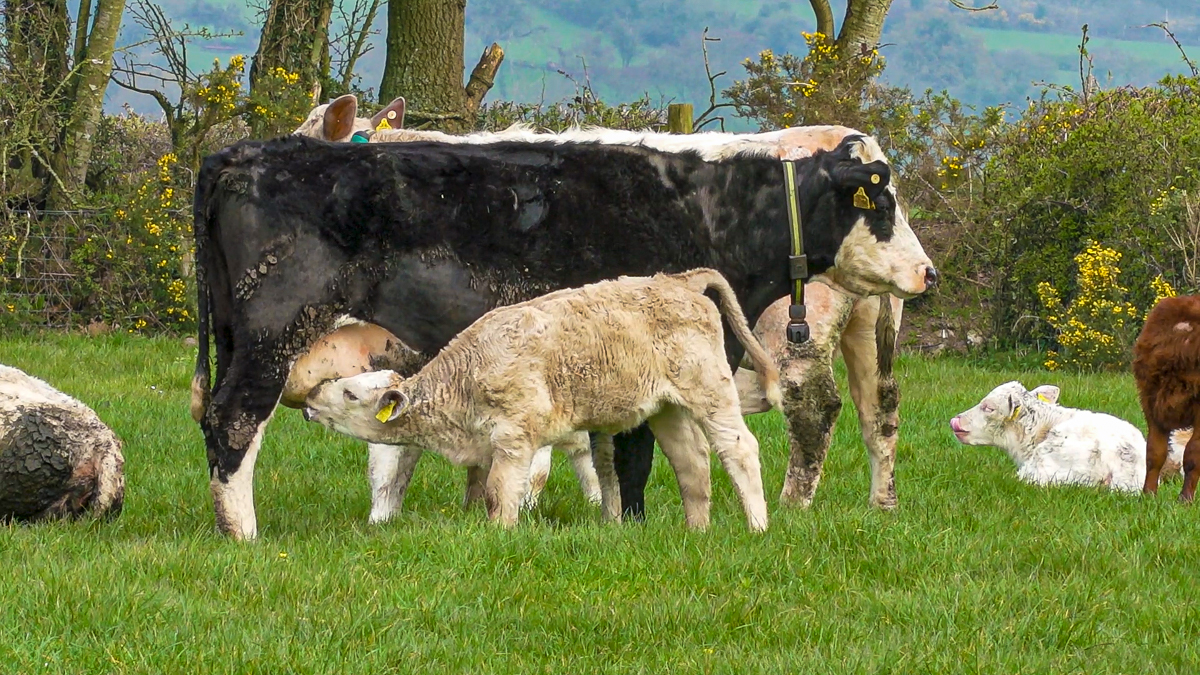Farmers have been told that Northern Ireland’s first round of carbon budgets will not impact directly on food production levels.
The highly-anticipated first set of projections is due to be published before Christmas.
The head of policy division within the Department of Agriculture Environment and Rural Affairs (DAERA), Norman Fulton, addressed an Ulster Farmers’ Union (UFU) meeting in Co. Down earlier this week.
He confirmed that the carbon footprint of agriculture in NI has been on the rise since 2020.
In addition to this, changes made to the farm support measures available in NI would mirror the climate change policies and targets that will impact over the coming decades.
According to Fulton, the basic payment support system will be available to local farmers in 2024. Beyond that point, the new support measures will be phased in over a number of years.
This process is already happening; the recent introduction of the Soil Nutrient Health Scheme being a case in point.
The DAERA representative confirmed that adapting to change will be difficult for all farming businesses in NI, but this will particularly be the case within the beef sector.
“Recent years have been marked by the significant increases in efficiency levels secured across the pig, poultry and dairy sectors,” Fulton said.
“But this trend has not been mirrored within the beef industry. This situation must change.
“As a consequence, the new support measures reflect the need to encourage change within the livestock sector to this end.”
Food production levels
Fulton stressed that the climate change regulations and targets agreed for NI will not be introduced with the aim of cutting agricultural output.
“The potential exists to maintain current production levels while still meeting our climate change targets. Making this happen will require a significant improvement in efficiency levels by all farming businesses across NI,” Fulton continued.
He also confirmed that the new climate change legislation will have an impact on all farmers, whether or not they sign up for the new support measures.
Driving this agenda at a commercial level will be the requirements of food processers and retailers. These businesses will have to confirm that all farmer-suppliers are hitting their respective carbon targets.
This requirement will kick-in over the next three years.
In the view of DAERA’s policy chief, driving improved efficiency at farm level represents a win-win scenario for agriculture as a whole.
“More efficient businesses will be more profitable and sustainable by their very nature,” he explained.
Fulton reaffirmed that the current farm support budget available in NI will be maintained until 2025. Following that, a new farming budget is expected to be agreed at Westminster.
However, given the 20-year requirement to get the carbon footprint of agriculture down to a net zero level, the need to secure regular reviews of farm support budgets has been recognised within DAERA.
This specific point was further endorsed by UFU representatives in attendance at the Co. Down meeting.
